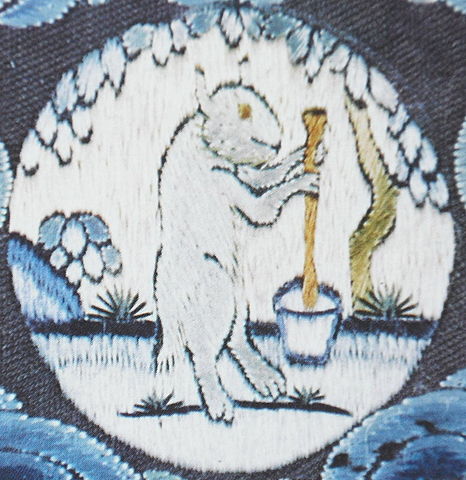The quest for immortality, a timeless human aspiration, has been a subject of fascination in ancient legends, mythologies, and modern scientific exploration. Here’s an exploration of the concept of immortality and how it has been portrayed in various cultures and approached by modern science:
1. Ancient Legends and Mythologies:
- Many ancient cultures and civilizations, including the Egyptians, Greeks, and Chinese, had myths and legends about individuals or deities who achieved immortality. For example, the ancient Chinese tale of the “Elixir of Life” and the Greek story of the “Fountain of Youth” are classic examples of these myths.

2. Symbolism of Immortality:
- Immortality often symbolizes the desire for eternal youth, good health, and the avoidance of death and decay. These symbols reflect fundamental human fears and desires.
3. Alchemy and Elixirs:
- Historical practices like alchemy aimed to discover the philosopher’s stone, a substance that would grant immortality or turn base metals into gold. These pursuits laid the groundwork for early chemistry.
4. Modern Scientific Research:
- In the modern era, scientific research has sought to extend human lifespan and improve health and well-being. Advances in medicine, genetics, and biotechnology have contributed to our understanding of aging and age-related diseases.
5. Longevity Studies:
- Scientists have been studying the genetics of longevity and the role of lifestyle, diet, and environmental factors in extending human life. Research on centenarians (people who live to 100 or older) has provided insights into the factors contributing to a longer lifespan.
6. Gerontology and Anti-Aging:
- The field of gerontology focuses on the science of aging, seeking ways to slow down the aging process and reduce age-related diseases. Anti-aging research includes investigations into regenerative medicine, genetic interventions, and lifestyle modifications.
7. Cryonics:
- Cryonics is a speculative approach that involves preserving the body (or just the brain) at ultra-low temperatures after death in the hope that future medical advances will allow revival and potential immortality. It remains a controversial and unproven concept.
8. Ethical and Philosophical Considerations:
- The quest for immortality raises ethical and philosophical questions about the nature of life, the meaning of mortality, and the potential consequences of extending human life indefinitely.
9. Immortality in Popular Culture:
- The idea of immortality continues to be a popular theme in literature, films, and other forms of popular culture. Characters who gain immortality often explore themes of eternal love, moral dilemmas, and the human condition.
10. The Search for Immortality as a Symbol:
While physical immortality remains elusive, the quest for immortality symbolizes humanity’s enduring fascination with life’s mysteries and our efforts to overcome the limits of mortality.
The quest for immortality, whether in the realm of ancient legends or modern scientific inquiry, reflects the human desire to extend life and conquer the inevitability of death. While the notion of true immortality remains elusive, scientific research continues to advance our understanding of aging and improve the quality of life for individuals as they grow older.












